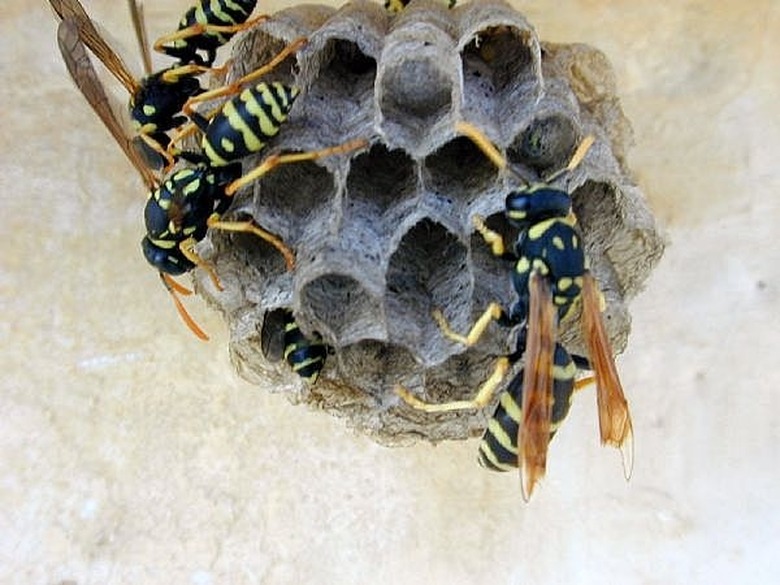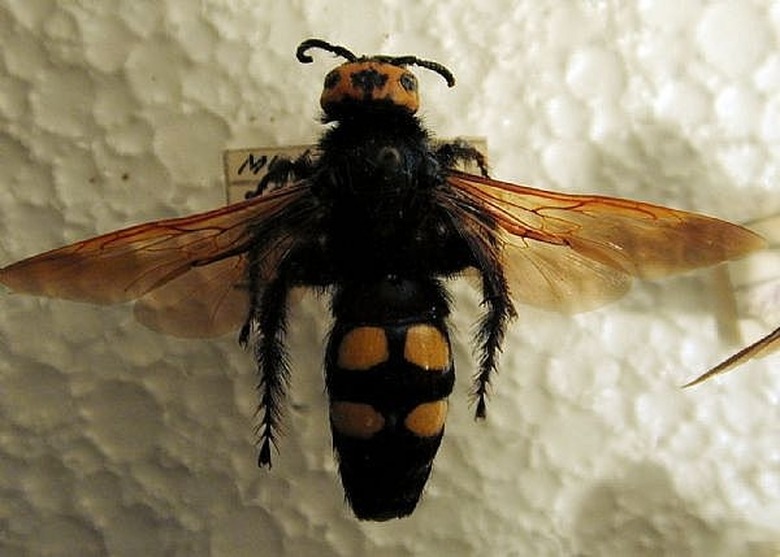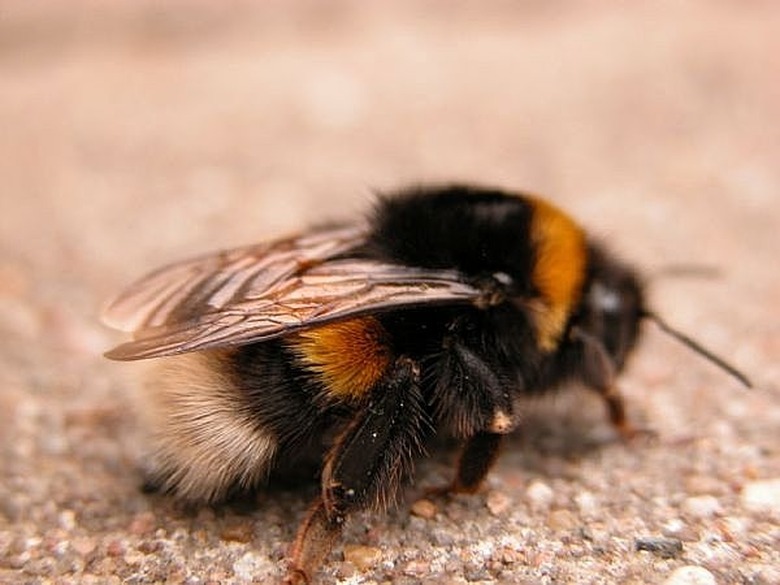How To Neutralize Bee And Wasp Stings
Bee and Wasp stings can be both painful and itchy, and are very common during the summer. Fortunately there are easy ways of neutralizing the toxins that these stings deliver and reducing the pain. Many common household substances can be used for this, and vinegar and baking soda but said to be the most effective.
Step 1
First of all move away from the area that you were stung in. The reason being wasps and bees give off chemical signals after stinging someone to let others know that there is danger around. If you are near other Bees and Wasps, then they to might attack you if you stick around.
Step 2
Next take a pair of tweezers and remove the stinger if it is still in the skin. Removing these by hand isn't recommended due to the fact that the stings are too small to grip effectively. This often means that when trying to remove stingers by hand people actually push them deeper into the skin instead.
If it was a wasp or Hornet that stung you, then move to step 3. If a Bee was the culprit, then move on to step 4.
Step 3
Wasps and Hornets are basically the same, differing slightly in some aspects. Their toxins are invariably alkaline, and so an acid should be applied to neutralize them and remove the pain. To do this take a cotton ball and apply a little vinegar, then dab the ball onto the affected area.
Step 4
Bees on the other hand have acidic toxins in their stings, and so an alkaline solution should be applied to neutralize them. Baking soda mixed with cold water is usually the most effective way of making an alkaline solution. Simply mix this up in a cup and then dip a cotton ball into the liquid. Dab the affected area with the alkaline, and the pain should instantly fade away.
Things Needed
- Tweezers
- Vinegar
- Water
- Baking soda
- Cotton Balls
Cite This Article
MLA
Contributor, . "How To Neutralize Bee And Wasp Stings" sciencing.com, https://www.sciencing.com/neutralize-bee-wasp-stings-5140997/. 24 April 2017.
APA
Contributor, . (2017, April 24). How To Neutralize Bee And Wasp Stings. sciencing.com. Retrieved from https://www.sciencing.com/neutralize-bee-wasp-stings-5140997/
Chicago
Contributor, . How To Neutralize Bee And Wasp Stings last modified March 24, 2022. https://www.sciencing.com/neutralize-bee-wasp-stings-5140997/


